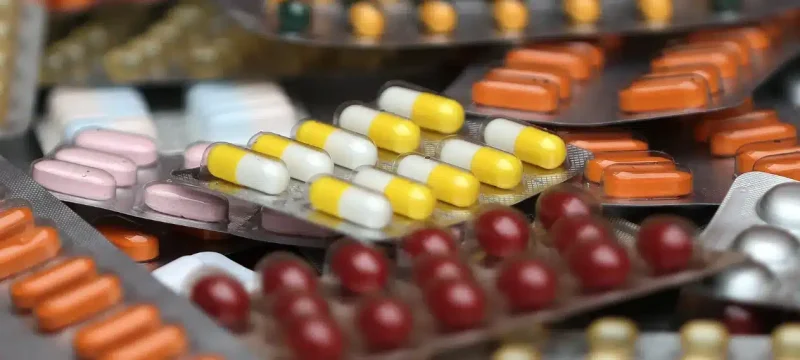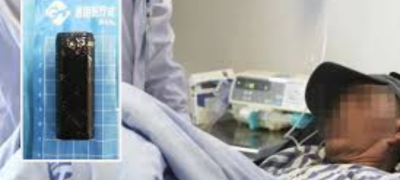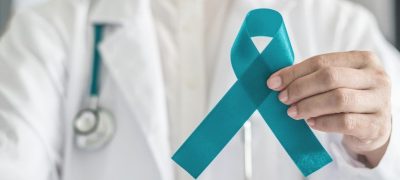BrandShield, a cybersecurity firm, has successfully shut down over 250 websites selling counterfeit versions of popular weight-loss and diabetes medications in the GLP-1 class, according to CEO Yoav Keren. The firm revealed to Reuters that last year, out of the 279 pharmacy websites it closed for selling drugs meant to treat metabolic conditions, over 90% were associated with GLP-1 medicines.
GLP-1 drugs such as Novo Nordisk’s Ozempic and Wegovy, as well as Eli Lilly’s Mounjaro and Zepbound, were initially developed for type 2 diabetes but have also been found to aid in weight loss by reducing food cravings and slowing stomach emptying. The popularity of these drugs has led to a surge in demand, creating a lucrative market for counterfeit versions.
Also Read: DRAP’s Major Crackdown Exposed Medicines Being Sold at Five Times Higher Price
Reports have emerged from at least nine countries, including the United States, linking fake GLP-1 drugs to harmful effects. With the growing popularity of these medications, Keren expressed concern that criminals might capitalize on the trend to sell more counterfeit drugs.
In 2023, BrandShield identified and shut down websites selling fake GLP-1 drugs as part of a broader effort targeting counterfeit medications. This represented just over 15% of the 1,655 websites reported for peddling counterfeit drugs in various categories. In comparison, the company identified fewer websites selling counterfeit GLP-1s in 2022, totaling 34 sites.
BrandShield collaborated with the Pharmaceutical Security Institute (PSI), which comprises industry stakeholders like Lilly and Novo, to take down these websites. PSI members selected the drugs to target, and BrandShield provided evidence of counterfeit activity to service providers hosting the sites.
The cybersecurity firm also removed nearly 4,000 listings for fake drugs from social media platforms, with Facebook accounting for nearly 60% of these listings. Additionally, over 6,900 illegal drug listings were removed across various social media platforms and online marketplaces, with a significant number originating from countries like India, Indonesia, China, and Brazil. However, specific data on the prevalence of counterfeit GLP-1 drugs in these listings was not available.









